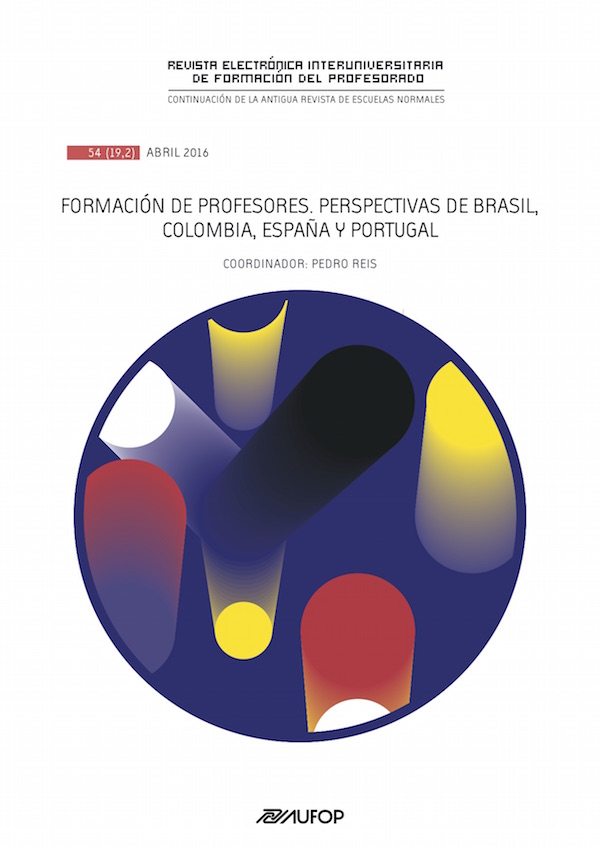Teacher education: continuous education or post-graduate education? The perspective of teachers and leaders
Supporting Agencies
- Fundação para a Ciência e Tecnologia
Abstract
The education is essential for the acquisition of specific knowledge by teachers. The main goal of this investigation is to study the impact of post-graduated education in a group of primary and secondary teachers in a cluster of public schools and in a private one. It’s our goal to comprehend if teachers consider this training as an added value and in what measure this is interpreted as an improvement to their professional development, to schools and to the students learning.
In this qualitative investigation that emerges from a wider investigation, located on an interpretative paradigm, different methodological procedures were adopted which allowed us, through the collected data, to comprehend, question, discuss and reflect about the different contributions of post-graduate education and to acknowledge the effects of this training for the development of professional skills in the different pedagogical practices.
This article discusses the questions that emerged along the investigation related to the continuous education of teachers, here confronted with the perspectives of post-graduate education, considering the point of view of teachers that attended this training as well as the school managers, all supported by empirical data.
Downloads
-
Abstract2916
-
PDF (Español (España))1603
Los artículos que se publican en esta revista están sujetos a los siguientes términos:
1. El Departamento de Métodos de Investigación y Diagnóstico en Educación de la Universidad de Murcia (España), junto con el Servicio de Publicaciones de la Universitdad de Murcia (Editum) son los editores de la revista REIFOP y conserva los derechos patrimoniales (copyright) de los artículos publicados, permitiendo la reutilización de las mismos bajo la licencia de uso indicada en el punto 2.
2. Las obras se publican en la edición electrónica de la revista bajo una licencia Creative Commons Reconocimiento-NoComercial-SinObraDerivada 3.0 España (texto legal). Se pueden copiar, usar, difundir, transmitir y exponer públicamente, siempre que: i) se cite la autoría y la fuente original de su publicación (revista, editores y URL de la obra); ii) no se usen para fines comerciales; iii) se mencione la existencia y especificaciones de esta licencia de uso.
3. Condiciones de auto-archivo. Se permite y se anima a los autores a difundir electrónicamente las versiones pre-print (versión antes de ser evaluada) y/o post-print (versión evaluada y aceptada para su publicación) de sus obras antes de su publicación, ya que favorece su circulación y difusión más temprana y con ello un posible aumento en su citación y alcance entre la comunidad académica. Color RoMEO: verde.















